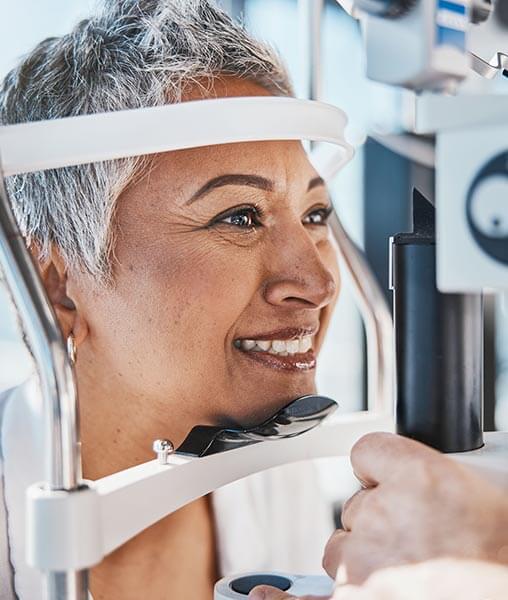Posted by: Albany Cornea | Center For Eye Care Excellence in Photorefractive Keratectomy (PRK)

 Nearsightedness, farsightedness, and astigmatism are common eye conditions, They are often corrected with eyeglasses or contact lenses. For people who want long-term vision correction that decreases their reliance on these remedies, there is LASIK. Because this laser eye procedure is well-known, people often don’t know that there is an alternative. LASIK is a wonderful treatment option to consider but that does not make it ideal for everyone. Here, we discuss PRK as a LASIK alternative.
Nearsightedness, farsightedness, and astigmatism are common eye conditions, They are often corrected with eyeglasses or contact lenses. For people who want long-term vision correction that decreases their reliance on these remedies, there is LASIK. Because this laser eye procedure is well-known, people often don’t know that there is an alternative. LASIK is a wonderful treatment option to consider but that does not make it ideal for everyone. Here, we discuss PRK as a LASIK alternative.
Why PRK?
Like LASIK, PRK (photorefractive keratectomy) is a laser procedure used to treat nearsightedness, farsightedness, and astigmatism by reshaping the cornea. When we do a side-by-side comparison of the two procedures, they look very similar. They both reshape the cornea, the curved part of the front of the eye that bends rays of light to accurately land on the retina at the back of the eye. During LASIK, a laser device works like a scalpel. It creates a flap in the cornea to accommodate reshaping. During the PRK procedure, an excimer laser removes the outermost layer of the cornea, the epithelium, before the cornea is reshaped. One creates a flap, the other removes a thin tissue lining.
Both LASIK and PRK alter the shape of the cornea to focus light on the back of the eye. Both result in corrected vision. So why have two similar procedures? Because some corneas are naturally very thin. Clinical evidence suggests that PRK may be safer for people with thin corneas because there is less reshaping to do, meaning more of the cornea is left intact. PRK also has no risks of corneal flap complications and takes about the same amount of time to complete as LASIK. However, recovery time is slightly longer. After PRK surgery, it can take 3 to 5 days for the eyes to heal from a minor corneal abrasion. Medication may be prescribed to manage comfort during that time. Patients also wear a soft contact lens, which acts as a bandage over the cornea as it heals.
At Center For Eye Care Excellence, patients receive treatment options that are guided by their needs and preferences. To learn more about laser vision correction, call 518.475.1515">518.475.1515.

